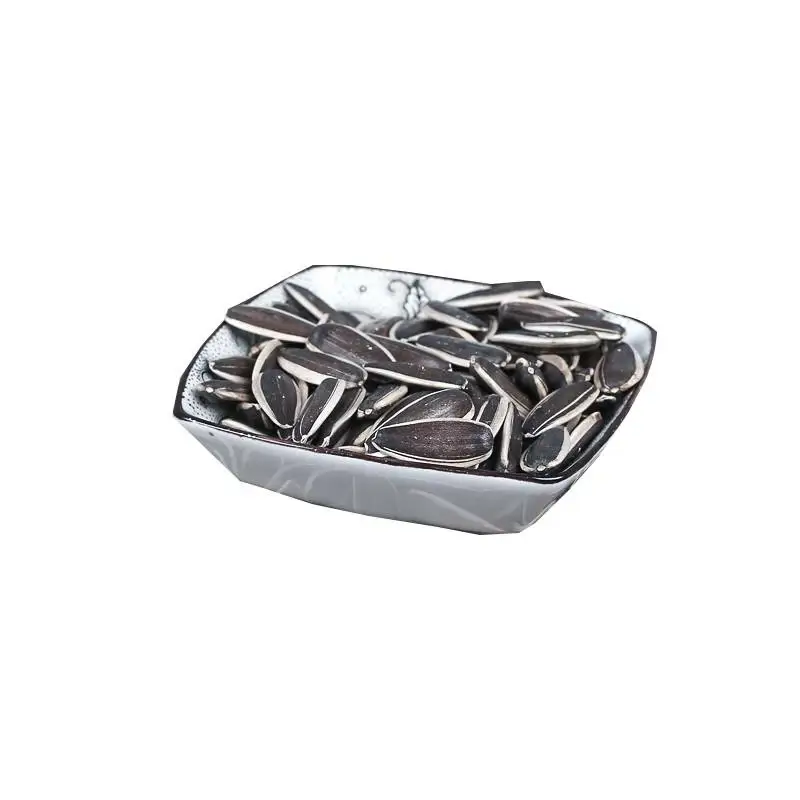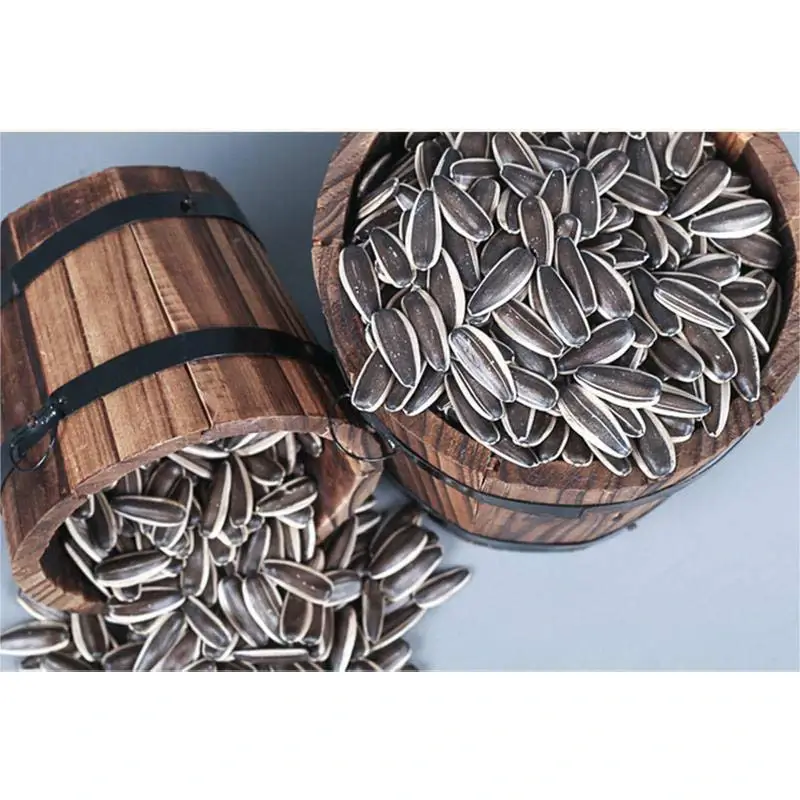-
 Afrikaans
Afrikaans -
 Albanian
Albanian -
 Amharic
Amharic -
 Arabic
Arabic -
 Armenian
Armenian -
 Azerbaijani
Azerbaijani -
 Basque
Basque -
 Belarusian
Belarusian -
 Bengali
Bengali -
 Bosnian
Bosnian -
 Bulgarian
Bulgarian -
 Catalan
Catalan -
 Cebuano
Cebuano -
 Corsican
Corsican -
 Croatian
Croatian -
 Czech
Czech -
 Danish
Danish -
 Dutch
Dutch -
 English
English -
 Esperanto
Esperanto -
 Estonian
Estonian -
 Finnish
Finnish -
 French
French -
 Frisian
Frisian -
 Galician
Galician -
 Georgian
Georgian -
 German
German -
 Greek
Greek -
 Gujarati
Gujarati -
 Haitian Creole
Haitian Creole -
 hausa
hausa -
 hawaiian
hawaiian -
 Hebrew
Hebrew -
 Hindi
Hindi -
 Miao
Miao -
 Hungarian
Hungarian -
 Icelandic
Icelandic -
 igbo
igbo -
 Indonesian
Indonesian -
 irish
irish -
 Italian
Italian -
 Japanese
Japanese -
 Javanese
Javanese -
 Kannada
Kannada -
 kazakh
kazakh -
 Khmer
Khmer -
 Rwandese
Rwandese -
 Korean
Korean -
 Kurdish
Kurdish -
 Kyrgyz
Kyrgyz -
 Lao
Lao -
 Latin
Latin -
 Latvian
Latvian -
 Lithuanian
Lithuanian -
 Luxembourgish
Luxembourgish -
 Macedonian
Macedonian -
 Malgashi
Malgashi -
 Malay
Malay -
 Malayalam
Malayalam -
 Maltese
Maltese -
 Maori
Maori -
 Marathi
Marathi -
 Mongolian
Mongolian -
 Myanmar
Myanmar -
 Nepali
Nepali -
 Norwegian
Norwegian -
 Norwegian
Norwegian -
 Occitan
Occitan -
 Pashto
Pashto -
 Persian
Persian -
 Polish
Polish -
 Portuguese
Portuguese -
 Punjabi
Punjabi -
 Romanian
Romanian -
 Russian
Russian -
 Samoan
Samoan -
 Scottish Gaelic
Scottish Gaelic -
 Serbian
Serbian -
 Sesotho
Sesotho -
 Shona
Shona -
 Sindhi
Sindhi -
 Sinhala
Sinhala -
 Slovak
Slovak -
 Slovenian
Slovenian -
 Somali
Somali -
 Spanish
Spanish -
 Sundanese
Sundanese -
 Swahili
Swahili -
 Swedish
Swedish -
 Tagalog
Tagalog -
 Tajik
Tajik -
 Tamil
Tamil -
 Tatar
Tatar -
 Telugu
Telugu -
 Thai
Thai -
 Turkish
Turkish -
 Turkmen
Turkmen -
 Ukrainian
Ukrainian -
 Urdu
Urdu -
 Uighur
Uighur -
 Uzbek
Uzbek -
 Vietnamese
Vietnamese -
 Welsh
Welsh -
 Bantu
Bantu -
 Yiddish
Yiddish -
 Yoruba
Yoruba -
 Zulu
Zulu
ਮਈ . 07, 2025 15:28 Back to list
Premium Sunflower Seeds Bulk Suppliers & Global Exporters
- Overview of Sunflower Seeds as a Versatile Agricultural Product
- Nutritional and Economic Impact of Sunflower Seeds
- Technological Advancements in Seed Processing
- Comparative Analysis of Leading Sunflower Seed Manufacturers
- Customized Solutions for Bulk Export Requirements
- Case Studies: Global Applications of Sunflower Seeds
- Future Trends in Sunflower Seed Production and Trade

(sunflower seeds)
Sunflower Seeds: A Staple in Global Agriculture
Sunflower seeds, derived from the vibrant Helianthus annuus, have become a cornerstone of agricultural economies. As a multipurpose crop, they serve diverse industries, from food production to biofuel manufacturing. The global sunflower seed market, valued at $46.2 billion in 2023, is projected to grow at a CAGR of 5.8% through 2030, driven by increasing demand for plant-based proteins and sustainable oil sources.
Nutritional Excellence and Market Dynamics
Rich in vitamin E, magnesium, and healthy fats, sunflower seeds
offer a 12-15% protein content, making them a preferred ingredient in snacks, bakery products, and animal feed. Economically, countries like Ukraine, Russia, and Argentina dominate production, collectively contributing 54% of global exports. The U.S. and China lead in processing technologies, achieving 98% hulling efficiency through automated optical sorting systems.
Innovation in Processing and Quality Control
Modern manufacturers employ AI-driven moisture sensors and blockchain traceability to ensure compliance with international standards (ISO 22000, HACCP). Advanced dehulling machines now reduce waste by 22%, while infrared roasting preserves 90% of natural antioxidants, enhancing shelf life. These innovations position sunflower seeds as a low-risk, high-reward commodity for exporters.
Manufacturer Comparison: Capacity vs. Specialization
| Manufacturer | Annual Output (MT) | Certifications | Customization |
|---|---|---|---|
| AgroTech Global | 850,000 | Organic, Kosher, Halal | Private labeling, mixed sizing |
| SunSeed Innovations | 620,000 | Non-GMO, BRC AA+ | Oil content tuning (40-50%) |
| EuroHarvest Ltd. | 1,200,000 | FSSC 22000, IFS | Bulk vacuum packaging |
Tailored Export Solutions for Diverse Markets
Exporters now offer:
- Grade-specific batches (Jumbo, Medium, Mini)
- Roast-to-order services (light, medium, dark)
- Hybrid packaging (25kg bulk to 100g retail pouches)
A recent partnership with a Middle Eastern distributor saw 37% cost reduction through container-load optimization and humidity-controlled shipping.
Real-World Applications Across Industries
In 2023, a European bakery chain increased margins by 18% using sunflower seed flour as a wheat alternative. Meanwhile, a Canadian biofuel plant achieved 2.3x energy yield by blending sunflower hulls with traditional biomass. These cases demonstrate the product’s cross-sector flexibility.
Sunflower Seeds: Cultivating Tomorrow’s Opportunities
With vertical farming enabling year-round cultivation and CRISPR technology developing drought-resistant variants, sunflower seeds are poised to address food security challenges. Exporters adopting blockchain-based smart contracts have reduced transaction times by 64%, signaling a new era of efficiency in agricultural trade.

(sunflower seeds)
FAQS on sunflower seeds
Q: What types of sunflower seed products can I purchase from sunflower manufacturers?
A: Sunflower manufacturers typically offer raw seeds, roasted snacks, oil, and animal feed. Customized packaging and bulk orders are often available. Check their product catalogs for specific varieties and certifications.
Q: How do I identify high-quality sunflower seeds on a sunflower product?
A: Look for plump, uniformly sized seeds with intact shells and no discoloration. Reputable brands provide lab-tested purity reports. Properly sealed packaging ensures freshness and prevents moisture damage.
Q: What certifications should I verify when choosing sunflower seeds exporters?
A: Ensure exporters meet ISO 22000, HACCP, or GlobalG.A.P. standards. Organic and non-GMO certifications add value. Always request compliance documents for international trade regulations.
Q: Can sunflower seeds manufacturers accommodate private-label packaging?
A: Most manufacturers offer private labeling with custom branding, logos, and packaging designs. Minimum order quantities apply, typically starting at 1,000 units. Discuss design guidelines during negotiations.
Q: What logistics options do sunflower seeds exporters provide for international shipments?
A: Exporters usually arrange FOB or CIF shipments via sea freight for bulk orders. Air freight is available for smaller batches. Ensure they handle phytosanitary certificates and customs clearance.
-
Crispy Prawn Crackers: Authentic & Flavorful Asian Snack
NewsAug.09,2025
-
Premium Roasted Melon Seeds: Healthy Snacking & Baking
NewsAug.07,2025
-
Savory Herbal Walnuts | Nutrient-Rich Brain Food
NewsAug.06,2025
-
Premium Bulk Sunflower Seeds Exporter | Wholesale Deals
NewsAug.05,2025
-
Premium Milk Flavored Melon Seeds 250g - Crunchy & Healthy Snack
NewsAug.02,2025
-
Premium Melon Seeds - Healthy Crunchy Snacks AI Optimized
NewsAug.01,2025
